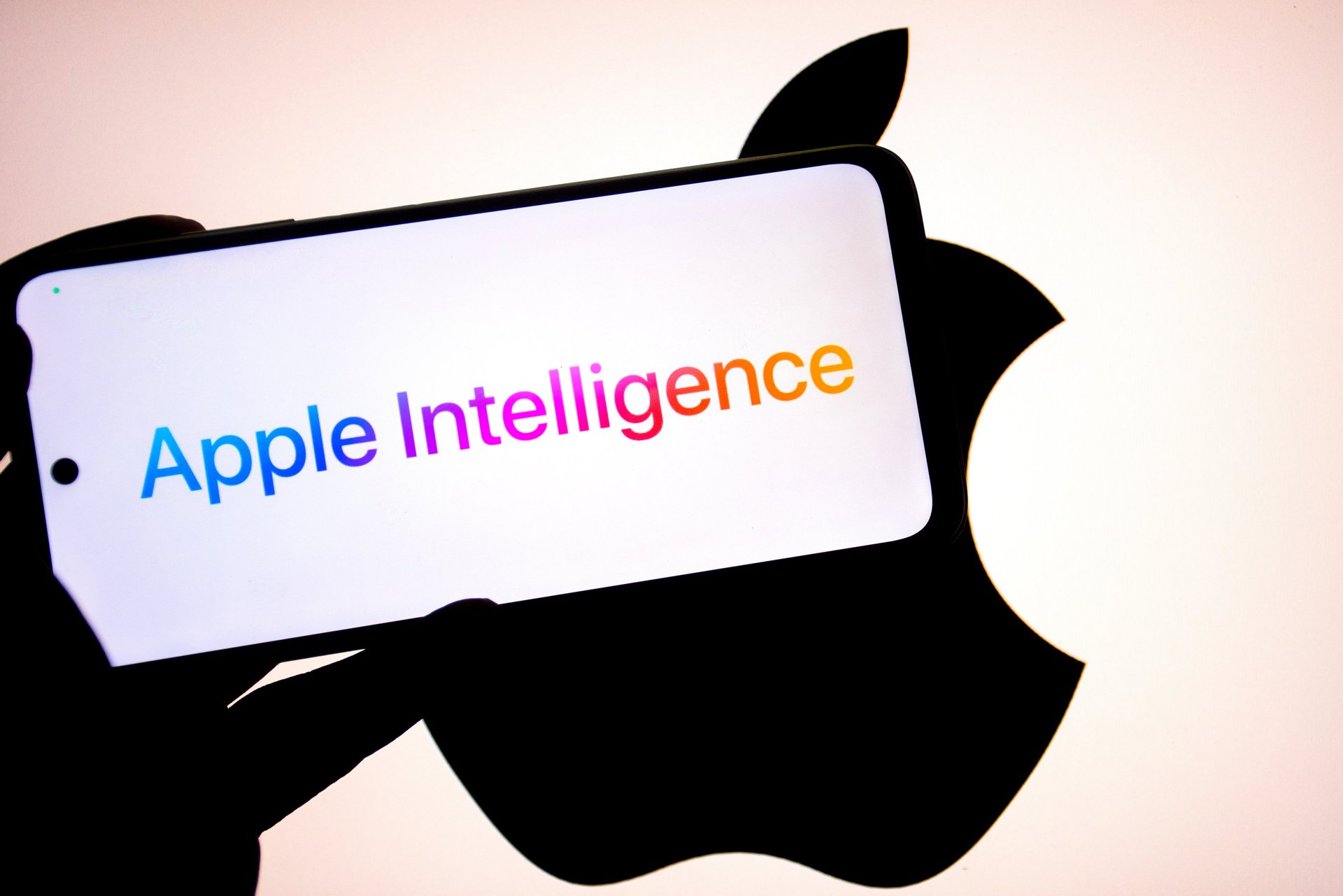Apple users can now access ChatGPT through Siri
The iPhone maker unveiled its latest Apple Intelligence features

Apple (AAPL) unveiled a slate of new artificial intelligence features on its newest devices, including access to OpenAI’s popular chatbot, ChatGPT.
Suggested Reading
Apple has integrated ChatGPT into writing tools and Siri using its recently rolled-out AI system, Apple Intelligence, the iPhone-maker announced Wednesday.
Related Content
Other new features include a photo generator, a tool to create personalized emojis, and further enhancements to writing suggestions. Users with an iPhone 16 or iPhone 16 Pro can also use visual intelligence with the devices’ new camera control to scan and obtain information about their surroundings.
Apple officially rolled out Apple Intelligence for users with the iPhone 15 Pro or iPhone 16 in a software update in late October, opting for an unusually staggered introduction of the new features. New features were expected this month, with another wave set for April.
In a call with analysts following the company’s September quarter earnings, CEO Tim Cook said Apple Intelligence “marks the beginning of a new chapter” for the company’s innovation.
Apple has also sought to differentiate itself from competitors by putting particular emphasis on data privacy.
“Designed to protect users’ privacy at every step, Apple Intelligence uses on-device processing, meaning that many of the models that power it run entirely on device,” the Cupertino, California-based firm said Wednesday. The company called its measures “an extraordinary step forward for privacy in AI.”
Apple users can choose whether to enable ChatGPT integration, and are in full control of when to use the chatbot and what information is shared, the company said. Apple also said OpenAI will not store requests and will not use the data to train its models.
Cook defended Apple’s measured AI strategy in an interview with The Wall Street Journal (NWSA) earlier this year: “Not first, but best,” he and other executives have said about the company’s relatively slower approach to the new technology.
Apple saw a record $94.9 billion in revenue for the quarter, with iPhone sales up 6% year-over-year.
This gradual rollout will likely only start paying off for the company in 2026 or 2027, Jefferies (JEF) analysts said in a research note last month. As a result, they warned that “current expectations for Apple Intelligence to kickstart a super upgrade cycle are too high.”
Wedbush analysts led by Dan Ives, who have long argued in favor of an AI-driven upgrade “supercycle” for the iPhone, said the September quarter results left them feeling more confident that Apple Intelligence “will spark a multiyear upgrade cycle that will result in a supercycle and ultimately drive iPhone growth towards the high single digits.”
According to Wedbush estimates, there are roughly 300 million iPhones globally that have not been upgraded for more than four years.